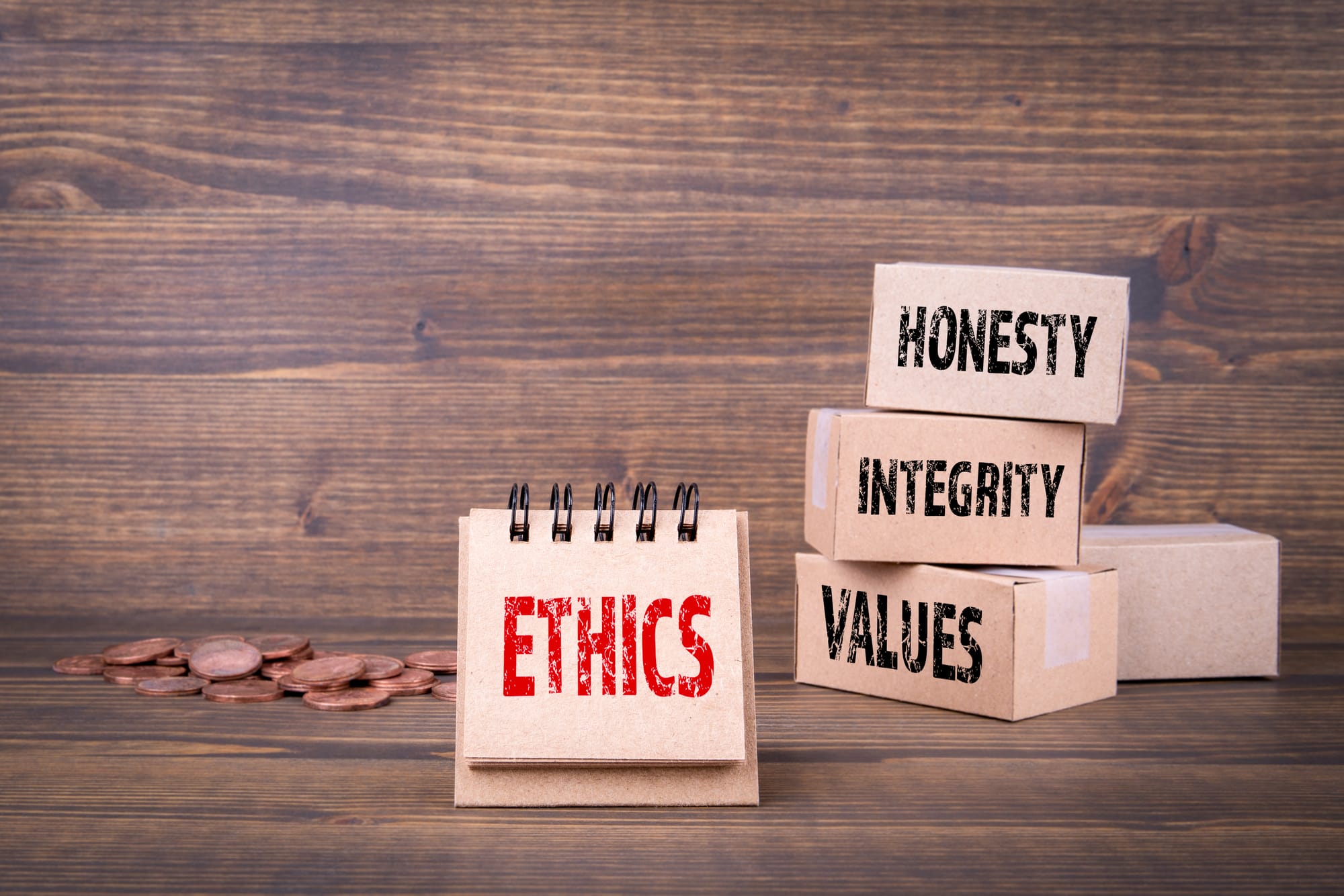Professional And Ethical Code Of Conduct In The Workplace.

By staff reporter 02/09/2023
The ethical code of conduct is a set of principles and practices that guide the behaviour of individuals and organisations as they engage in professional and business activities. It serves to maintain the highest standards of integrity, honesty, and fairness in all interactions. An ethical code of conduct outlines the values and principles that an individual or organisation holds dear and strives to uphold. At its core, an ethical code of conduct provides a common ground for understanding and expectations among individuals and organisations. It serves to minimise conflicts and potential misunderstandings, while promoting a sense of shared responsibility and mutual respect. Additionally, an ethical code of conduct can help to establish a culture of trust and accountability, which can be beneficial to both the individual and the organisation itself.
An effective ethical code of conduct should include clear expectations and guidelines for conduct. This should include statements on professional conduct, ethics, and values. It should also cover a variety of topics, such as confidentiality, respect for diversity, and conflict resolution. Additionally, it should encourage open communication and provide guidance on how to handle difficult or sensitive situations. The ethical code of conduct should be carefully crafted and regularly reviewed. This helps to ensure that it aligns with the organisation’s core values and goals. Additionally, it should be included in any new employee orientation and regularly updated to ensure that it reflects any changes in the organisation or its activities. Ultimately, an ethical code of conduct serves as a reminder of the standards of behaviour that are expected of all individuals and organisations. It is an important part of any organisation’s culture and can help to ensure that everyone is held to the same standards of behaviour. By having a clear and consistent ethical code of conduct, organisations can foster a culture of trust and respect, while avoiding potential conflicts and misunderstandings.
Why Are Ethics Important?
Ethics are important; the hiring organisation may expect the consultant to be honest about doing the right thing, to be transparent about their business operations and respect others by showing a client organisation they are valued and appreciated. Having an ethical code of conduct principles creates a set of boundaries for the consultant to operate in, which enables the consultant to make decisions designed to benefit the client organisation. Having an ethical code of conduct principles guides businesses in doing the right things for the organisation and the customer. An advantage of deploying ethical codes of conduct in a business organisation is that it can enhance a business's reputation, as buyers and consumers of their services actively look for businesses which match their own ethical guidelines, such as sustainability, integrity, honesty or fairness. Ethics are important for positivity; they create a positive, happy environment for employees to look forward to and thrive in. This type of environment helps to build thriving relationships with clients and business consumer relationships, creating a sense of loyalty and attachment between employees and employer, for instance, knowing their employer will treat them fairly.
